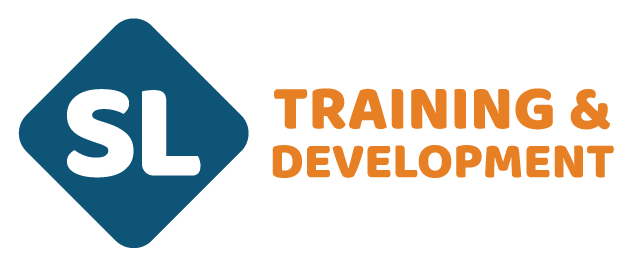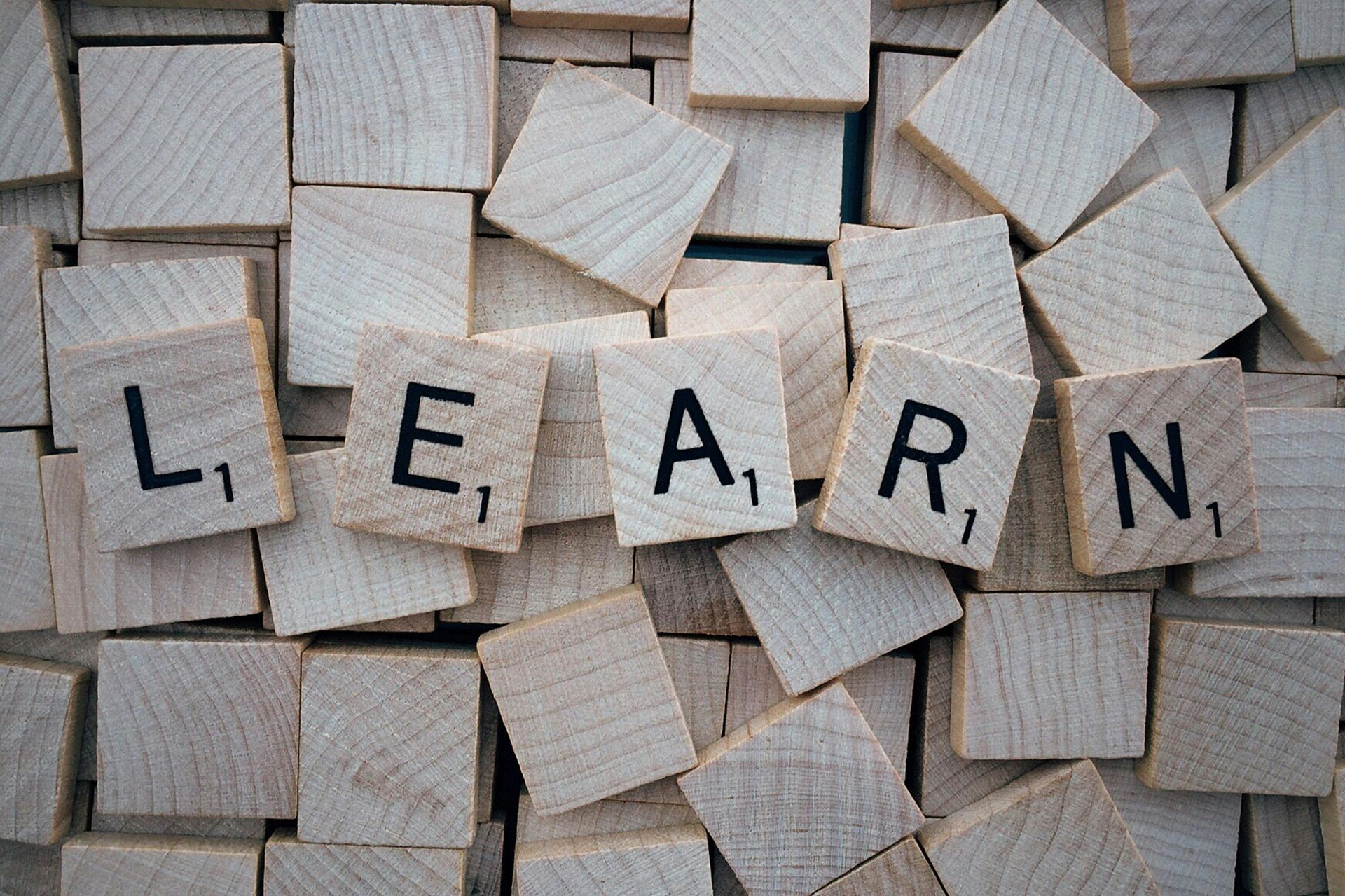Why Standardisation of Assessment Practice is So Important
Standardisation of assessment practice
In any high-quality education or training environment, consistency is key—especially when it comes to assessment. Whether you're delivering regulated, accredited qualifications, workplace training, or Apprenticeship Standards, the standardisation of assessment practice ensures fairness, accuracy, and credibility for all involved.
But what does standardisation actually mean in this context—and why is it so crucial?
What is Standardisation?
Standardisation refers to the process of aligning assessment decisions and practices across a team of Assessors or Trainers. The aim is to make sure that no matter who the Assessor is, or where the learner is based, the judgments made about evidence and competence are consistent, fair, and in line with qualification requirements (also applying the VARCS principles).
It typically involves regular meetings, comparison of learner evidence, discussion of assessment decisions, and agreement on best practices.

The Key Benefits of Standardisation
1. Consistency Across Assessors
Without standardisation, learners might receive different outcomes for similar pieces of work depending on who assesses them. Standardisation ensures that all Assessors apply the same criteria in the same way, so learners are treated fairly and equitably.
2. Quality Assurance
Standardisation supports internal quality assurance (IQA) processes by creating a shared understanding of what “competent” looks like. This builds confidence that the organisation is meeting Awarding Organisation, Accreditation Body or regulatory requirements and maintaining the integrity of the qualification.
3. Increased Confidence for Learners
Learners benefit from knowing that their work will be assessed fairly and consistently, regardless of the individual Assessor. This builds trust in the assessment process and the value of the qualification they are working towards.
4. Professional Development for Assessors
Standardisation meetings offer Assessors the opportunity to learn from each other, share best practice, and develop their own skills. This collaborative environment can also help identify areas for training and development within the assessment team. Assessors can often work in isolation so having regular opportunities to standardise with other Assessors will enable them to develop their practice.
5. Support for Remote and Workplace-Based Assessment
With many assessments now taking place remotely or in workplace settings, standardisation is more important than ever. It ensures that distance, location, or delivery method doesn’t affect the validity of the assessment decision.
6. Improved Learner Outcomes
Ultimately, consistent and fair assessment supports better learner outcomes. When Assessors apply criteria correctly and consistently, learners receive accurate feedback that helps them progress and achieve.
Standardisation in Practice
Effective standardisation isn’t just a tick-box exercise. It should be an embedded part of the quality assurance cycle, with clear procedures, documented outcomes, and regular opportunities for Assessors to engage with each other.
Some common activities include:
- Reviewing and comparing learner portfolios
- Moderation of assessment decisions
- Calibration exercises (e.g., marking the same evidence separately and comparing outcomes)
- Discussions around borderline decisions
- Sharing practice, ways of working and ideas
- Sharing updates on qualification standards or changes from awarding organisations
In addition, those responsible for quality assurance (either internal or external) should also be carrying out regular standardisation activities to ensure their practice is consistent and messages are clear when supporting Assessors and Trainers.

Final Thoughts
In training and education, credibility matters. Learners, employers, and Awarding Organisations or Accreditation Bodies all need to know that qualifications are being delivered and assessed with integrity. That’s why standardisation isn’t optional—it’s essential.
By investing time in regular, meaningful standardisation activities, training providers can ensure that assessments are not only fair and consistent, but also supportive of a high-quality learner experience.
Want support implementing standardisation in your centre or organisation?
Whether you’re a small training provider or a national organisation, get in touch to explore practical tools and guidance for effective standardisation meetings and assessor training.
Get in touch with us.














